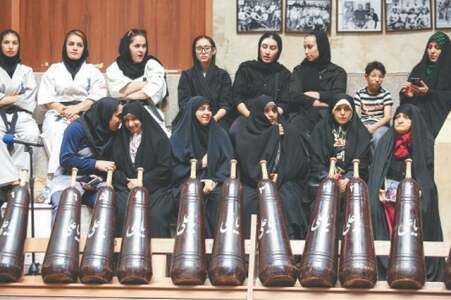LAHORE, June 1: Pakistan has formally proposed a timeframe of three months to resolve issues related to the Kishan-Ganga project, according to Indus Commissioner Syed Jammat Ali Shah.
Indus Commissioners of India and Pakistan held an eight-hour meeting of the Permanent Indus Commission on Sunday to address Pakistan’s objections to the project. The meeting was inconclusive as both sides maintained their stated positions. The Indian side, however, promised to respond to the timeframe proposal on Monday.
Mr Shah said both sides were trying to solve problems at the commissioners’ level so that other provisions of conflict resolution could be avoided. Both sides have shown a remarkable cooperative spirit but it was a matter of rights and cannot be allowed to linger on for an unreasonable period of time.
Pakistan had raised six objections to the revised design of the dam. Of these, four — free board of the dam, quantum of storage, silt outlet and diversion of water — came under discussion on Sunday. Both sides could not resolve the four out of the six questions as the Indian side maintained its previous position. Both sides were exchanging data and trying to remove confusion.
Pakistan understands that it was a time consuming exercise but they can be resolved within a timeframe. Pakistan was pressing for a deadline because such talks could not go on forever, he said.
Pakistan side had first raised objections to the project in 2004 and the Indian side revised the design of the dam in a bid to remove the objections. The Pakistani side, however, raised fresh objections to the revised design, which came under discussion on Sunday.
The problem between the two countries arose when India decided to build a dam on the Kishan Ganga River that originates in occupied Kashmir. The proposed site for dam is near Kanzalwan – a town from where the river enters Azad Kashmir.
The Indian plans include storing water and then tunnelling it to the Wuller lake, where it is constructing a 800MW power house.
Pakistan maintains that India, under the treaty, can store water but it cannot divert it to any other side because the Indus Basin Water Treaty charges it with releasing as much water downstream as it stores.
Thus, any diversion would violate the provisions of the treaty. It would also badly affect hydro power development plans (especially the Neelum-Jehlum hydro-power project) and agriculture in Azad Kashmir.
The Indian side is of the view that Pakistan is not developing its hydel resources anyway and should not get so serious about its objections.
In addition to raising treaty issues, Pakistan also objected to the design of the dam and asked India to address its concerns before proceeding further.











































Dear visitor, the comments section is undergoing an overhaul and will return soon.